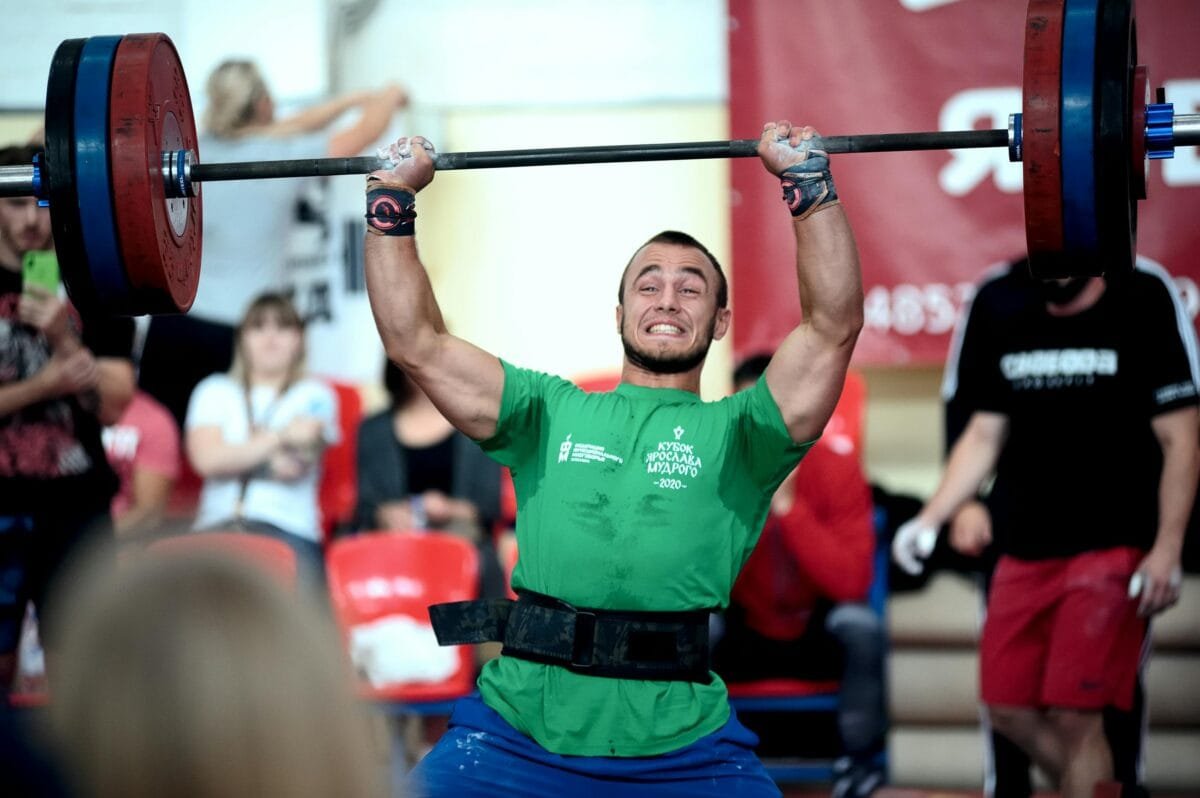Many individuals express frustration over not seeing the desired fitness results despite dedicating significant time to their workouts. If you engage in any of the following six ineffective fitness behaviors, you may be undermining your efforts and potentially harming your body.
1. Skipping Warm-Up Exercises
One common mistake is neglecting warm-up exercises before starting a workout. Warming up is crucial as it raises your body temperature, relaxes your muscles, and protects joints such as wrists, ankles, and knees from injury. A proper warm-up also enhances your performance during the workout, leading to better results. Without warming up, you’re more likely to suffer injuries, which will waste your time and energy.

2. Blindly Performing Heavy Weight Training
Beginners often attempt heavy weight training without gradually building up their strength. This practice can lead to muscle strains, joint injuries, or even fractures. Instead, start with lighter weights and progressively increase the load. This gradual progression allows your muscles to adapt and strengthens them safely over time.

3. Lack of a Structured Workout Plan
Many people hit the gym without a structured plan. This lack of preparation leads to unorganized workouts, poor exercise selection, and inadequate focus on specific muscle groups. Without a clear plan, you risk wasting valuable time and energy. Effective workouts require a well-thought-out strategy targeting multiple muscle groups for balanced development.

4. Sporadic and Impulsive Workouts
Some individuals only think about working out sporadically, often driven by sudden inspiration, like an intense weekend workout session. This irregular approach can strain your body, causing muscle soreness and fatigue, making future workouts less appealing. Consistency is key; random and impulsive workouts are less effective and more likely to result in injuries.

5. Overtraining Single Muscle Groups
Focusing too much on a single muscle group, such as abs or arms, can lead to overuse injuries and hinder overall muscle growth. Continuously targeting the same muscles without adequate recovery time prevents proper repair and growth. To achieve well-defined muscles, balance your workouts across different muscle groups and allow sufficient recovery periods.

6. Poor Post-Workout Nutrition
After a workout, some people indulge in excessive eating as a reward, consuming high-calorie foods that negate the benefits of their exercise. This behavior undermines fitness goals by increasing calorie intake and promoting fat storage. Instead, focus on post-workout nutrition rich in high-quality proteins to aid muscle recovery and growth, enhancing your overall fitness results.

By avoiding these ineffective fitness behaviors, you can optimize your workout routine, prevent injuries, and achieve better results. Here’s a quick summary:
- Always warm up: Enhances performance and prevents injuries.
- Gradually increase weight: Safely build muscle strength.
- Have a structured plan: Ensure balanced and effective workouts.
- Maintain consistency: Avoid sporadic and impulsive workouts.
- Balance muscle training: Prevent overuse injuries and promote growth.
- Eat right post-workout: Support muscle recovery and growth.



